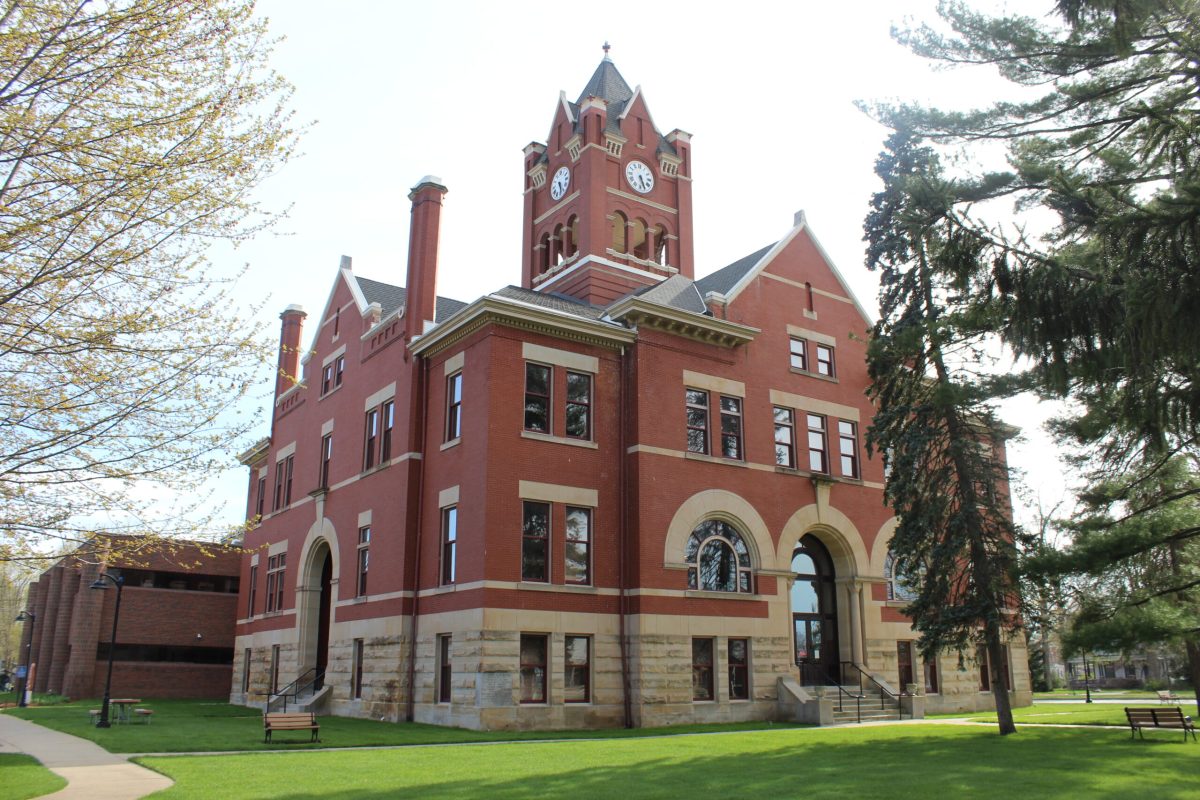By Robert Tomlinson News Director CENTREVILLE St. Joseph County officially has new initial budgets for the 2026 and 2027 fiscal years. On Tuesday, the county Board of Commissioners approved the new budgets for the next two years by a 5-2 vote. Third District Commissioner Rusty Baker and Fifth District Commissioner Christina Yunker were the two dissenting votes. According to the budget document, the total estimated general fund revenues for the county in the 2026 initial budget are $24,314,745, while in 2027, they’re projected to be $24,683,135. Expenditures are estimated at the same levels, giving the county balanced budgets for those two years. Both numbers are up from the 2025 amended budget for the county, which lists $22,874,333 in estimated revenues and $22,873,806 in total appropriations. “We’ve had quite a few budget workshops, and we’ve had staff come in, and I think others have communicated that we appreciate staff and department heads coming in and advocating for their department, advocating for their office. That’s what you want from your public officials and heads of departments,” Commission Chair Jared Hoffmaster said. “We appreciate the time and effort that was put into that.” The two dissenting voters, Baker and Yunker, cited use of the Tax Payment Fund to help balance the budget as their reasoning to vote against the budget. The Tax Payment Fund, according to Finance Director Angie Steinman, is a fund that consists of administrative fees and interest fees that taxpayers pay on their property tax bills. According to Steinman and the budget document in the public board packet, $254,801 in “transfers in” in the Finance Department revenues line in 2026 and $304,489 in the same line for 2027 are money that comes from the Tax Payment Fund. There were no similar transfers from that particular fund noted in the initial 2025/2026 budgets approved last year by commissioners, however $57,000 was budgeted from the general fund’s fund balance, rather than a transfer in from the Tax Payment Fund. “I really wanted to say yes, but we can’t be given a negative budget to start and just take money out of another fund to make that budget work. I have concerns about that,” Yunker said during her commissioner comments at the end of the meeting. “It may be personal, but it passed, so we should be good to go.” “I’m the same sentiment as Chris, I don’t think we should start the year with a negative budget and have to pull funds from other places to start the year off,” Baker said in an interview following the meeting. “If, at the end of the year, the budget comes true, and we spend everything in the budget, we will have to pull funds from those funds to balance the budget.” Steinman, in an interview following the meeting, said the money available in the Tax Payment Fund are funds that the board can “do basically what they want to do with them,” and it was a “50/50” chance that the funds would even get used in the end. The funds, she said, are only used to cover a projected shortfall if it actually materializes. “The funds are not earmarked for anything in particular. When we adopt a budget, we want the revenues to equal the expenditures or we want the revenues to exceed the expenditures, but it can’t be the other way around,” Steinman said. “It’s just a budget; we may not even use it.” In a follow-up email Wednesday, Steinman added that commissioners had an option to use fund balance or make a transfer, and ultimately chose the Tax Payment Fund instead of using fund balance. She said those concepts are the same, and represent a planned way to cover a projected shortfall. Steinman also addressed the increase in the transfer from 2025 to 2026, saying that budgets change every year “because the underlying assumptions change.” “Revenue trends, expenditures, payroll, retirement rates, health insurance, and operational needs all shift. Those changes affect how much support may or may not be needed from either fund balance or the Tax Payment Fund,” Steinman said. “There is no single driver behind the change. It is simply the result of the full set of assumptions in this year’s budget.” The full budget document can be found on the Finance section of the county’s website, stjosephcountymi. gov. In other business.
https://wilcoxnewspapers.com/st-joseph-county-approves-2026-and-2027-budgets/
St. Joseph County approves 2026 and 2027 budgets


